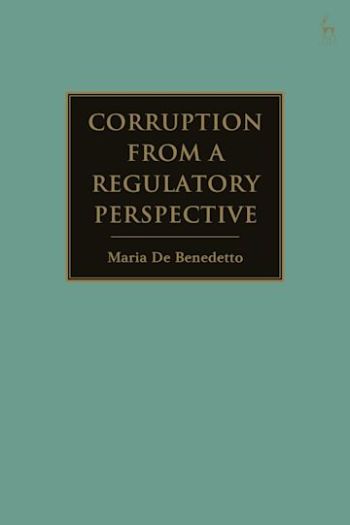
This book seeks to enrich and, in some cases, reverse current ideas on corruption and its prevention. It is a long held belief that sanctions are the best guard against corrupt practise. This innovative work argues that in some cases sanctions paradoxically increase corruption and that controls provide opportunities for corrupt transactions. Instead it suggests that better regulation and responsive enforcement, not sanctions, offer the most effective response to corruption. Taking both a theoretical and applied approach, it examines the question from a global perspective, drawing on in particular a regulatory perspective, to provide a model for tackling corrupt practises.